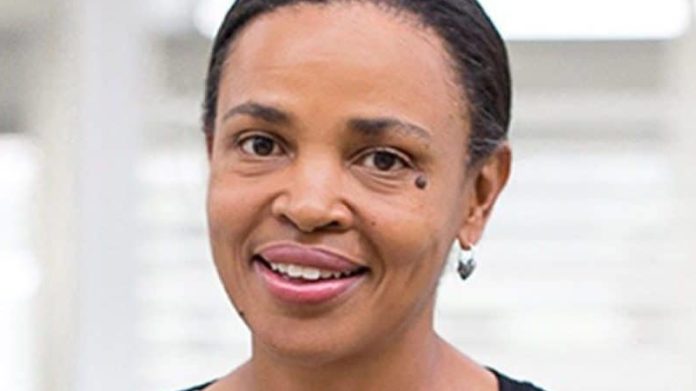
TRANSNET CEO Portia Derby made it clear at Joburg Indaba on Thursday that Transnet’s strategic priority is going to be to allocate any new capacity on its iron ore, coal and manganese channels to emerging black miners to address the lingering historical imbalances in the economy.
While this is a noble goal, it strikes an unfortunate note when South Africa is begging for big-ticket infrastructure projects. Transnet itself does not have sufficient capital to continue funding its own maintenance and expansion.
The reality is that funders in general are wary of the risks that emerging miners present. Transnet is not a low-margin cash business like Shoprite Checkers. Big customers, with deep pockets and long-term contracts, are vital to support a vast logistical business with huge fixed costs – and better able to withstand the financial shocks of an unreliable service. In PwC’s latest Mine 2022 report, it estimated the decline in Transnet’s coal deliveries in the past year had cost the economy $4.5 billion.
Derby said that Transnet’s development model “is not about pricing. We are pushing hard for inclusion. It is time we included black miners and farmers and manufacturers in our system. It will get ugly for a while but at the end of the day there is growth in the economy if black people become real participants, especially in mining.”
At this point, Derby said, 94% of Transnet’s rail capacity for the mining industry went to large miners and only 6% to junior miners. In iron ore, there was a waiting list of 14 junior miners, but Transnet’s ability to expand capacity on the iron ore line to Saldanha was limited by the conditions of the port’s air emissions licence. If this could be addressed, another 6Mt could be added to the current 60Mt capacity. Currently only 12% of manganese rail capacity was allocated to emerging miners, and Transnet intended to double theirallocation to 4Mt from 2Mt at present.
On the coal line, Transnet could add another 14Mt of capacity by bringing back to service the locomotives that have been sitting idle while they wait for parts. About 455 of the locomotives are Chinese-made, but Transnet now has a draft agreement with the manufacturers which should improve maintenance and repair over the next 12-18 months, Derby said.
Transnet’s plans for a new manganese terminal at Coegaharbour, for which a Request for Proposals has been issued, envisages a funding consortium, and Derby sees this as a potential model for other expansions.
“We don’t want to create another Richards Bay Coal Terminal (note: RBCT is the privately funded and owned coal export terminal near Durban) which is difficult to get into,” she said. “We want to get everyone mining in a particular commodity and put them into a joint structure to help us fund the infrastructure. We have started talking to banks, because if you have the allocation, banks should fund you. We are looking for innovative structures to ensure these don’t become exclusive clubs.”
Derby said Transnet’s demand from customers this year represented 224Mt, but it would be able to carry only 180Mt. For the last couple of years Transnet had not generated enough profit to expand capacity, she said. There was a lot of demand from emerging black miners, but “no-one wants prices to increase,” she admitted.
The situation may get even worse in the short term as the United National Transport Union has declared a strike at Transnet over wages, and it may be joined on Monday by the South African Transport and Allied Workers Union. Derby said at this point the situation was uncertain. “One union has declared a strike and not met all the requirements and we are negotiating picketing rules with another union.”











